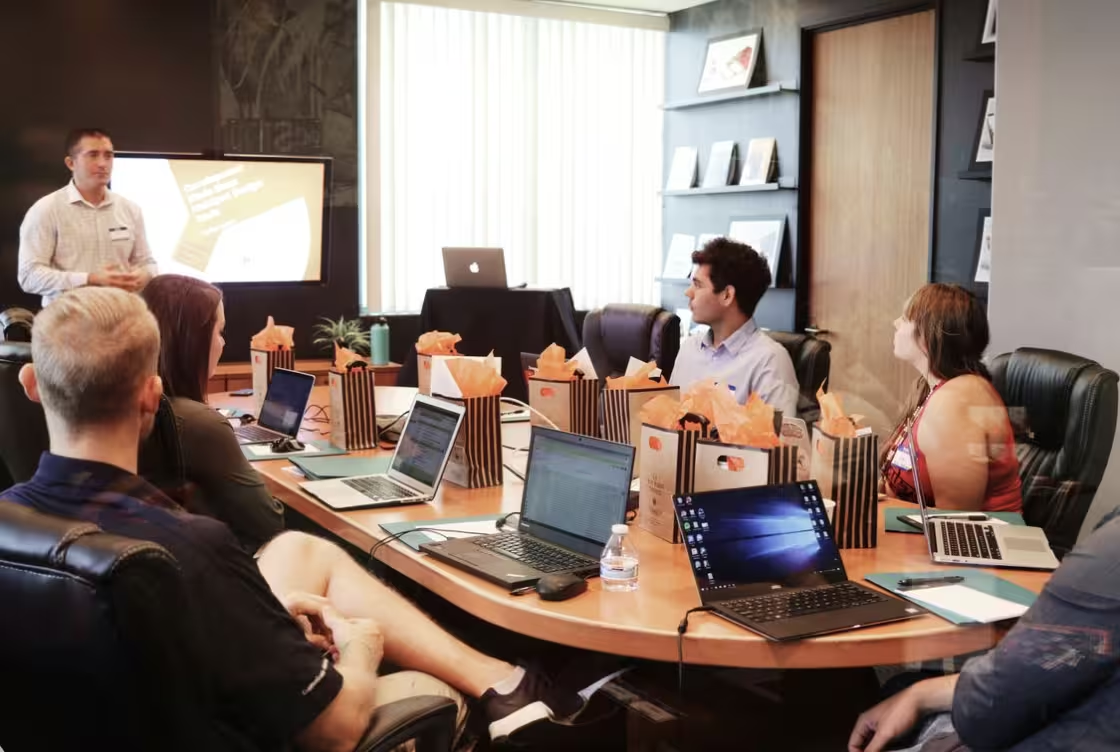
Organisational Culture and EdTech Scaleups

Summary
This project is aimed at understanding the challenges that EdTech startups face when scaling up, with a focus on organisational culture and people strategy in ensuring the financial sustainability of a startup. The overarching research question that this paper addresses is:
‘To what extent does the alignment between organisational structure and culture contribute to the sustainable growth of young startups and scale-ups, especially during periods of transformation and crises?’
A key focal point of this project has been organisational culture.
Some of the constituent parts include:
- Founder personality and vision,
- The role of underlying organisational and managerial structures,
- Sustainably high performing teams.
From the interviews and literature review
- A clear link was observed between founder personality and the scale-up success, with the wider company culture also being influenced by founder personality.
- The culture was a key driving factor behind career transitions, impacting talent acquisition and attrition which then informed innovation and cross-functional collaboration.
Based on my Machine Learning (ML) analysis
- Founded date, funding amount and the number of funding rounds were the features with the highest predictive power for scale-up success in the ML model.
Approach and Methodology
1. I chose to do this project due to my interest in Venture Capital and Entrepreneurship. Culture seemed to be this abstract thing that everyone seemed to talk about in the startup space but couldn’t quite explain it. The literature review enabled the forward synthesis of relevant economic, psycho-social and sociological concepts and helped identify existing gaps in literature, with the EdTech scale-up space being clearly under-theorised. In order to better understand this problem, I decided to speak to people working in the scale-up space with the following questions in mind:
i) What is the role of founder personality and founding members in curating the wider culture in a company, especially as the company scales?ii) How does organisational culture change during periods of transformation i.e. mergers and acquisitions and financial instability (e.g. layoffs)?
iii) What managerial traits are particularly needed in the EdTech scale-up context (with a focus on talent acquisition, retention and layoffs)?
The 15 interviewees included investors, founders, organisational culture experts, several Product Managers, Partnership Managers, a Chief Product Officer, a Chief Operating Officer, and a Chief of Staff. I then performed NLP and Thematic Analysis to identify the key themes and associated sentiments from the transcripts.
The complementary quantitative analysis included Machine Learning (ML) analysis of Crunchbase investment data on EdTech startups’ financial growth and profitability to predict the chances of a startup scaling up, with a final accuracy of >80%. The quant analysis was especially illuminating when answering aspects of the research question that cannot solely be answered by qualitative interviews. It also helped validate some of the themes that arose from the interviews, e.g. the link between number of founders and startup success.
Proposal/Outcome
My final product was a series of Substack posts and Medium articles to share my key findings with Product leaders in the EdTech space. This included recommendations on balancing agility with stability in a scaling organisation and investing in the professional development of Product Managers and sustainable growth of the Product org.
Beyond Outcomes
Want to learn more about this project?


Overall LIS Journey
I’ve interned at the EdTech startup Arbor Education, the HealthTech scaleup ZOE and the investment bank, Goldman Sachs. I’ll be starting my grad job at Goldman Sachs from July 24!
Other Related Projects
Back to the repository


- A Pilot Based on Heathrow's Sustainability Goals

.svg)






